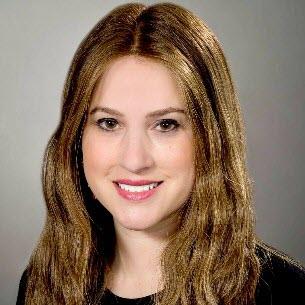As a social media enthusiast, I’m an active member of numerous physician Facebook groups. The inclusion criteria for each forum varies; for example, one group is for physician mothers and another is a group to facilitate physician political advocacy. Social media allows doctors to celebrate and mourn together in a fashion that’s not possible in other spheres of connectivity. When I see a post from someone finally paying off their medical school loans, those “Likes” and “Loves” communicate a deeply shared joy. Social media can be a great space to share ideas and vent, and over the years I’ve learn a lot about what makes my colleagues happy, satisfied, frustrated, and everything in between.
A common topic that arises is how to effectively navigate the frustrations of practicing modern medicine. Physicians share their immense difficulties caring for patients in the way they envision. While most want to deliver the best care they can, there are major roadblocks that they often can’t remove. So doctors share tips, such as ways to obtain approval for prior authorizations (hint: a last-ditch effort is for the patient to call their Congressional representative) and how to organize a clinic schedule to maximize efficiency (hint: schedule slots for the length of time it takes the complete the visit, no matter what measure of productivity is being used). What I’ve observed consistently is this: the source of frustration for many doctors is the cognitive dissonance of how we want to practice medicine versus how we actually practice medicine.
Here are some scenarios I’ve learned about:
- An oncologist wants to order a surveillance MRI on a patient. Instead of ordering it, she orders a CT because the insurance company won’t approve it.
- A family care doctor wants to maintain a private practice, but he joins a large group because he can’t afford the overhead costs of his current practice when reimbursements were lowered.
- An emergency medicine doctor wants to see patients in the emergency room, but instead must oversee multiple mid-level practitioners due to a new hospital business model.
- A neurologist wants to spend more time counselling patients, but instead spends that time typing her notes into the cumbersome electronic medical record system for billing purposes.
As the above scenarios illustrate, many doctors must choose an alternative to their ideal; however, they will likely continue to believe that their original intent was correct one, hence they maintain the stress of cognitive dissonance relating to their medical practice. Doctors choose their profession because most of us believe that practicing medicine is good for the brain and the soul. Ninety percent of graduating medical students agree or strongly agree with the statement, “Overall, I am satisfied with the quality of my medical education.” Yet, the rates of doctor suicide and depression are alarmingly high. Why is it that 15.8% of graduating medical students responded no, probably not, or neutral to the question, “If you could revisit your career choice, would you choose to attend medical school again?” Have they learned already that they may not be able to practice medicine in the optimal way they’ve envisioned?
Sharing experiences is a great way to reduce anxiety and isolation in the workplace. Hearing the words “me too” can be transformative. We can use social media as the groundwork for collaborative problem solving and paradigm shifting, so that the cognitive dissonance we experience can be more effectively resolved.


Recent posts